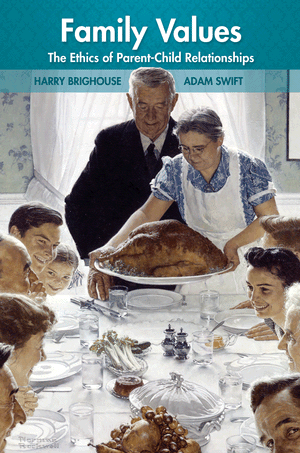The thing about an ICANN meeting is they’re mostly men, and most of them are lovely, especially the older, very techie ones. I do the policy circuit and the 16 hour days, and I mostly skip the big industry parties. (Actually, I’m not usually invited. Probably because I’m such a blue stocking.) So I don’t usually interact with the trade show marketing types, the back end salesmen and the domainer guys.
But once, I think it was in Dakar but they all blur into one, I’d had a couple of drinks and ran into a friend I call in my heart of hearts the ‘king of the registrars’, the hard scrabble companies that sell domain names and figure out how to game any system they can get to let them in. Whatever hotel this was, it had managed to create some mystique about having a club on the top floor that didn’t advertise itself. It was the place to be. My friend convinced me and a female colleague to go up for a nightcap.
Now my colleague was six feet tall, blonde and the kind of gorgeous that makes even straight women pause to enjoy an extra look. In fact, when my boss first introduced her as his incredibly capable new assistant, we all went ‘uh-huh, sure.’ (He took it on the chin and sure enough she turned out to be the smartest on the team and pretty much indifferent to being ritually dismissed for her beauty.) So she and I catwalked out of the elevator on whatever secret floor this club was on and right into a long glitzy bar we walked the length of, got seen to be seen, and went and sat down on a magically free sofa. It was just that kind of night.
Various youngish guys we didn’t know sat down to talk, offer us drinks and wander off. I was on water by now. Holding court beside us was the alpha guy I liked to call the king. A bit like ‘the king of the travellers’, in that you don’t get it by being born – you have to fight smarter and tougher than anyone else, and a bit of charisma doesn’t hurt either. Guys would ply their differing wares to him, then us, or vice versa. One glommed on to me, probably because I was older and plainer than my colleague. The conversation started off harmlessly enough, the usual ‘what do you do’ and ‘where are you from’. He was keen to show he was also a big time domainer or domain name seller or something, and he’d keep nodding in the direction of the king.
Then things got a little strange. He would ask me a question and I’d answer it, and he’d say something rude about my answer. I wish I could remember the actual things he said. They weren’t outrageous, just mildly obnoxious. I’d nod and wait for him to say or ask something else, and then say ‘right’ or ‘is that so?’ But he was quite insistent about me giving substantive answers that he would then say rude things about in a weirdly affectless way. I remember wondering if he was Aspergers or something, which is not unknown in the technical community, though this guy seemed far more interested in money than code. I swatting that idea away. The rudeness had an edge. It was intentional.
So I said to him ‘wow, that was really quite rude, did you mean to say it?’ And he said something like ‘come on, you liked it. You know I’m in charge’. Or something equally asinine.
And then the penny dropped.
I was being chatted up by a real live Pick Up Artist!
I burst out laughing and said ‘oh my god, I don’t believe it. You’re doing that thing, aren’t you?’
‘What thing?’ he asked.
‘You know, the thing where you try and make a woman feel bad enough about herself that she’ll suck your cock.’
‘Don’t flatter yourself’, he said.
Then my little lizard brain stirred deep down in the folds of the amygdala and said to me ‘you know what will work best here, don’t you?’. And I thought to myself, this doesn’t make me a good feminist, but it will be nasty good fun.
I turned to the king and said, over the guy’s head, ‘you’ll never believe what this guy just tried on. He negged me. Have you heard of that? The whole PUA thing?’
‘What, him?’ the king said, laughing, to us both. ‘Little jerk. Is he even old enough?’
And the little jerk slunk away, defeated.
Oh how we laughed.
Patriarchy. You’ve gotta love it.
